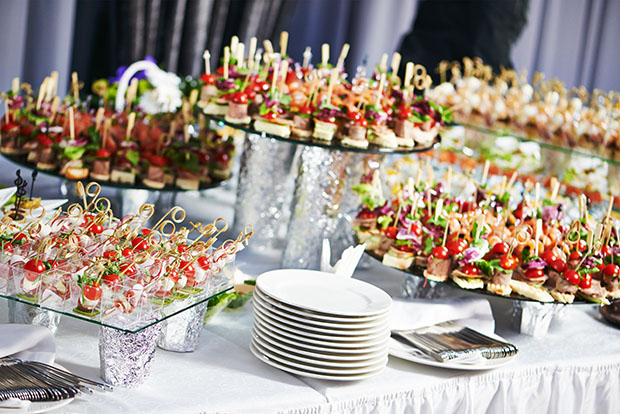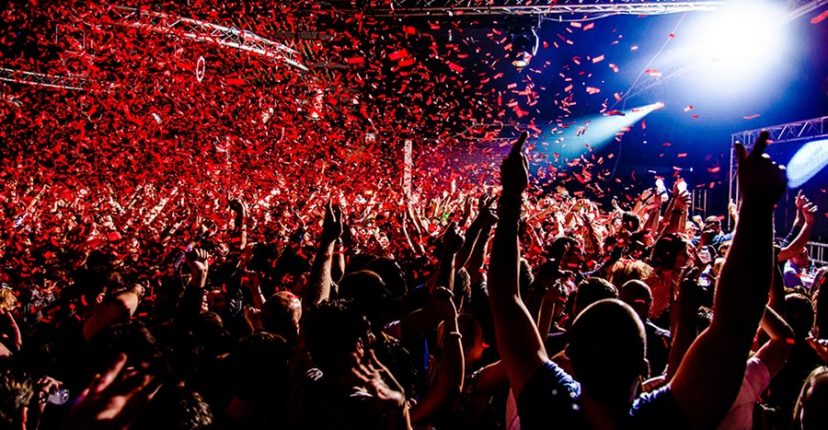Before the event
What type of event should we choose?
It depends on your target group and your purpose. Are you going to arrange a trip? Or is it a trade fair, product launch or mix and mingle party? A successful event contributes to your business development, while at the same time entertains the attendee. The concept of your event is therefore important – it governs the entire design process. Therefore, start by considering:
- Who are we? Your brand message, brand promise and tonality are the starting points in planning.
- What message is important for us to highlight right now? A new product? An update of the brand with new logo and graphic profile? The half-yearly report? Or is the number one priority to attract new customers?
- Who is your target group? Consider the characteristics of your intended attendees. That is the first step in designing the event.
Plan plan plan
When the purpose has been established, it is time to start planning, both strategically and operationally. The strategic plan should include guidelines and the ultimate goal of the event. The operational plan specifies how, when and by whom everything shall be implemented. The latter will need to be revised and adapted throughout the process. The key to all parts working: communication between all parties involved.
Who does what?
Consider the different parts of the event and how they are to be communicated. Who is to say what? What type of invitation will you have? Are you going to advertise? Will a newsletter or weekly bulletin be produced? Who will greet people as they arrive? Will there be a speech? Share out tasks early and listen carefully – is everyone’s planning in line with the overall concept? Agree on who has ultimate responsibility. Then, make a decision-making ranking for who comes where in each role. And don’t forget to designate a contact person that guests can contact before, during and after the event!
Running schedule
This should indicate who is responsible for what, and when and how they should act. All times are also listed here, even though they will most likely not be kept to in full. It is therefore important to be prepared for this.
Is the venue and licensing in place?
Book the venue a long way in advance and be realistic. It should not be too small or too large. Depending on the size of the event, there may be different licensing requirements. Check that the venue has the required fire rating. Do you need to obtain permits from the emergency services? Is police authorisation required? Do you need to do anything about the traffic situation outside the venue?
Invite and remind
When? Two months in advance is not too early. Two weeks is far too late. Be out in good time so the guests can book it in their diaries. They have to be made aware of everything that is expected of them in the invitation. How much will they pay and what is included? Is there a dress code? Should they prepare a presentation of themselves or the company they represent? Also make sure that a reminder goes out in the weeks before the event.
And don’t forget the programme!
Your guests want to know what times apply. Make a programme containing the most important points. Remember that the times you specify there are the most important to keep to. It is a good idea to send the programme with the invitation.
During the event
Food and drink – is it really so important?
Yes! For some guests, the food is the most important thing. And don’t make them wait too long. Serve on time and keep an eye on how you serve the drinks. Of course, you should always offer non-alcoholic options. Many people take the car when they go to a business event. Provide non-alcoholic drinks that feel lavish and splendid.
Help your customer feel comfortable with their choice
It’s not always easy for the invitee to decide by themselves if they should go to the event. In some cases they may be bound by what others think or decide. You make the decision easier for the invitee if you also invite their manager or partner. The invitee then avoids having to make this decision themselves. It also increases your chances of influencing the person who really makes the decisions.
Give all the attendees your attention
This is not easy – you are probably stressed, nervous and focused on making sure everything runs smoothly. But avoid tunnel vision! Try to unwind. Take the time to speak calmly and in a dignified manner to all of your attendees. Look them in the eye. Make them feel seen and welcome.
After the event
How did it really go?
You can only find this out by measuring the results. It can be beneficial to do so on several occasions. This makes it easier to tick all the right boxes and tailor marketing next time. So how, and when, are the results of the event measured? Do you think it seems a bit intrusive to ask your attendees for feedback? Don’t feel that way. You have given your customers food, drink and entertainment. Now it is time for them to give you their thoughts and opinions in return.
Give the guests attention afterwards, as well
The results of your efforts will be seen after the event. This is when business is done and the buzz circulates. Give the attendees attention afterwards, as well. Send a card thanking them for their participation, or invite them to the same event next year. Do something that makes them feel noticed. With our event tool, Magnet, you get help with everything from online event invitations and mobile ticketing to check-in of participants and payment solutions.




